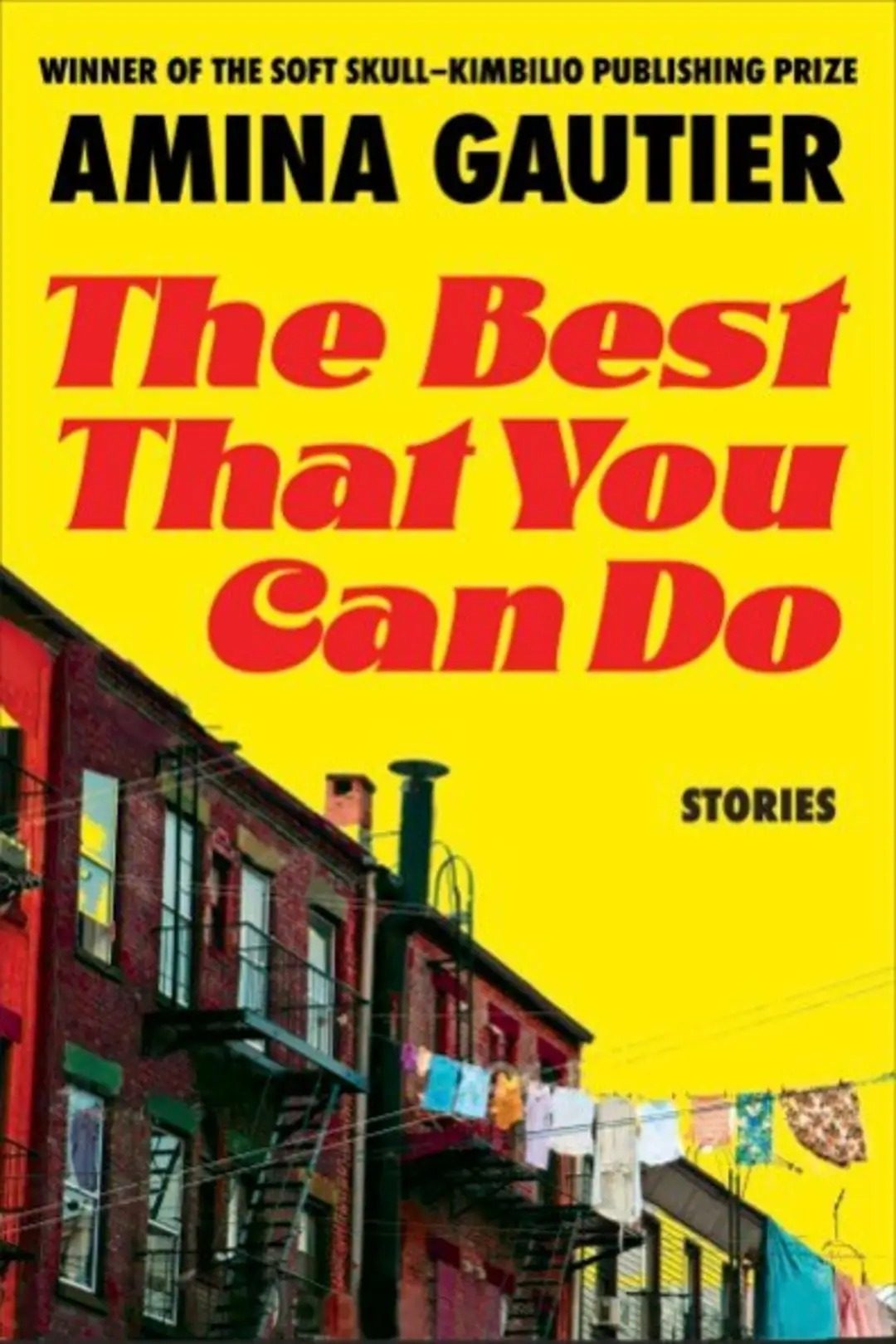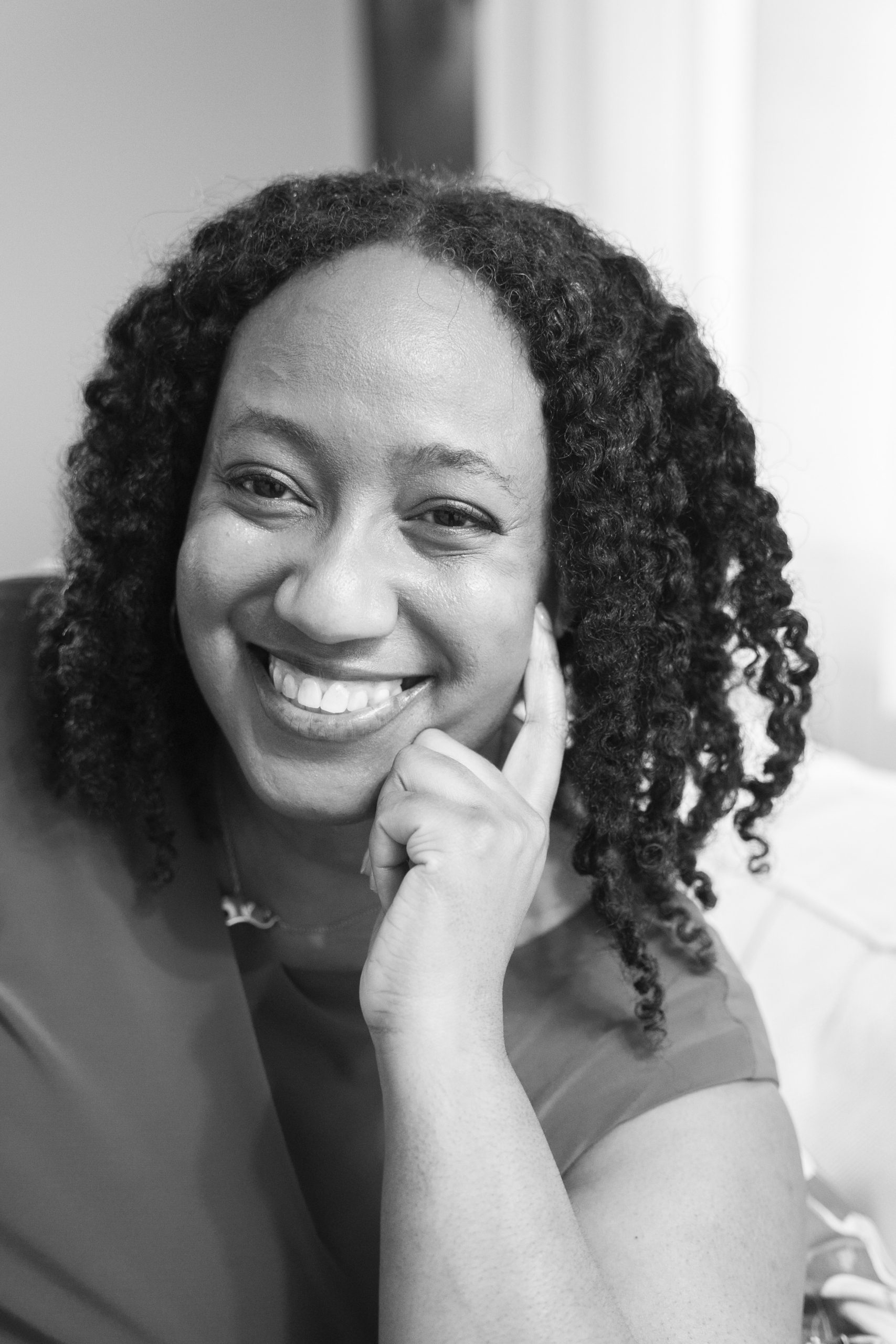THE BEST THAT YOU CAN DO
Winner of the Kimbilio Soft Skull Fiction Prize
A New Collection from Kimbilio Fellow Amina Gautier
The Best That You Can Do is a collection of very short fiction whose stories probe the frailty of human effort and intention, and which explore the myriad ways in which people engineer their own downfalls. Grouped into five thematic subsections, with stories ranging in time from the Civil Rights era to the present day, and set in such places as Brooklyn, Chicago, Lisbon, Menlo Park, Philadelphia, Puerto Rico, and elsewhere, these very short stories follow characters threading together culturally complex identities as they attempt to connect with absent or negligent relatives, offer nostalgic looks at black childhood, depict failed and imploded romantic and interpersonal relationships, explore the increased surveillance of and violence against black bodies, and capture the plight of those who live through urban blight.
Amina Gautier
KIMBILIO FELLOW AND AUTHOR
Amina Gautier is the author of four award-winning short story collections: The Best That You Can Do (2024), which won the inaugural Kimbilio-Soft Skull Publishing Prize; The Loss of All Lost Things (2016), which won the Elixir Press Award in Fiction and received The Phillis Wheatley Award, The International Latino Book Award, The National Indie Excellence Award, a Silver Medal “IPPY” Award in Northeast Fiction, and was a Finalist for the Paterson Prize, The John Gardner Award, The Hurston/Wright Award, and shortlisted for the William Saroyan Award, and The St. Francis College Literary Prize; Now We Will Be Happy (2014), which won the Prairie Schooner Book Prize, the International Latino Book Award, the Eric Hoffer Legacy Award, a Silver IPPY Award in Multicultural Fiction, and a Florida Authors and Publishers Association Award Gold Medal in Short Fiction; and At-Risk (2011), which won the Flannery O’Connor Award for Short Fiction, and received an Eric Hoffer Legacy Award and a First Horizon Award. For her body of work, Gautier has received the Blackwell Prize, the Chicago Public Library Foundation’s 21st Century Award, and the PEN/MALAMUD AWARD FOR EXCELLENCE IN THE SHORT STORY. Gautier is the first African American woman to win the prestigious PEN/MALAMUD award since its inception in 1988.
Five Questions for Amina Gautier
As a writer, what do you think is your superpower?
Piercing the human heart with attention to detail, intentionality, and expert execution.
What came first for you—setting, plot, characters? How did this help you develop the rest of the story?
Characters and Imagery typically come first for me. I need to start with people before I can explore what should happen to them. I need to know who they are, what they see, and how they relate to the images and items they encounter. I don’t want to write stories about “types” but individuals. I write stories so that we can connect and reconnect with our own humanity, which we urgently need to do before we lose ourselves to digital isolation. Beginning with characters keeps me from writing didactic stories that exist simply to prove a point and keeps me constantly reminded of the need to keep humanity front and center.
What’s your favorite and least favorite part of publishing?
My favorite part of publishing is the act and art of creation—the crafting, drafting, figuring out part, the taking something—some thought, some idea, some moment, some image—and spending the time with it that it takes to bring it to the light, make it beautiful, and share that beauty with others. That part wins hands down. My least favorite part of publishing is the part where people are always looking ahead to the next thing rather than being able to stand still in the moment and take in the moment’s beauty. It seems that as soon as you publish something, someone in the industry wants to know what you’re going to do next. Your book can be sixty seconds old, and they want to skip past this artistic creation which you have just breathed life into and talk about some inkling of a future work that may or may not ever exist, which seems to be more than simple impatience, but a denigration the work and a dismissal of the arduous process involved in what we call making art.
Which teacher are you most excited to share the news about your new book and why?
Janet Zimmerman. She was my language arts teacher at P.S. 183, which I attended fourth through sixth grade. She urged all the students in our gifted class to think about language and what she called “delicious words.” She introduced us to literary short stories at an early age—I still remember her having us sit in a circle while she shared O Henry’s “Gift of the Magi” with us. She encouraged us all to try our own hands at creating. She began entering my work in district and city-wide student writing contests back in 1986 and when I won she drove me and my mother to the award ceremonies so we didn’t have to take public transit. She has been a big believer in my work for quite some time and she’s still a big fan. I think this fourth book will thrill her, especially since it returns to the cultural landscape of my youth.
Name two books in your library that you will shelf next to yours on your "shelf of honor."
Toni Morrison’s Beloved and Van Jordan’s M-A-C-N-O-L-I-A.



